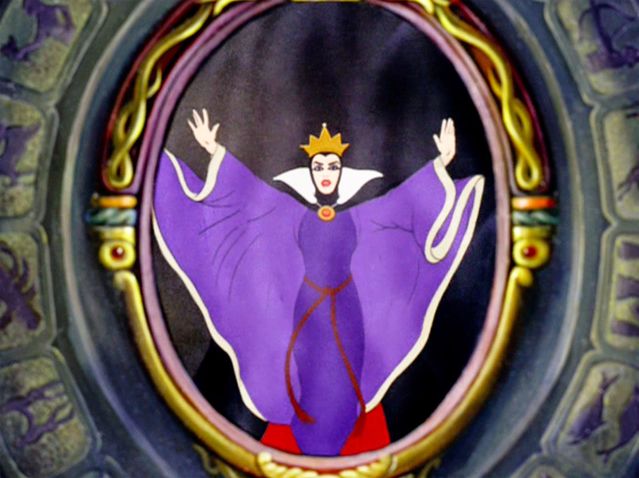
We don’t usally see mirrors as modern technology, but, as far as I know, they were not part of most people’s everyday lives until very recently. For most people in most times and places, seeing oneself as others might see one was not a common experience. These days, it’s hard to avoid. Shiny plate glass shop-fronts and office blocks line our streets. Clothes shops, gyms, hair salons and beauty clinics have floor-to-ceiling mirrors. We never stop seeing ourselves, even when we don’t want to.
In neuro-biological terms, recognising one’s own reflection is a remarkable accomplishment. Very few species have been shown to be able to do so, and even humans typically cannot do it until around 18 months. But this accomplishment comes at a price. In order to recognise that ‘that is me’ I must see myself as a ‘that’ – an object, a thing for others to look at. It is not a coincidence that, in ordinary conversation, we use ‘self-conscious’ to describe the feeling of being vulnerable to the observations and judgements of others. Our ability to be self-aware and our tendency to be self-conscious are two sides of the same coin. Of course, humans felt like this long before there were mirrors. But the mirror allows me (kind of) to see myself as others might see me, and thus gives me a new way to think about what other might think of me. In the story of Snow White, the wicked queen’s magic mirror tells her how she compares with all the other women in the kingdom. The mirror literally talks to her and tells her that she is – or is not – ‘the fairest of them all.’ Real mirrors don’t interpret or narrate, but it can feel like they are passing judgement on us.

Beauvoir argues that women, in particular, feel this judgement. This is because women have always been taught that we are our appearances, our images, our bodies. We are first and foremost things to be looked at, and our value lies in how we appear to others, especially to men. What we look like is who we are. Every ‘flaw’ in our appearance thus reveals a flaw in our character. Wrinkles, stretch marks, cellulite – they are all evidence of the ways in which we have failed. A spot on my chin says I am not eating correctly or not undergoing the correct cleanse-tone-and-moisturise routine. I must work harder and be better. (Also, of course, I must buy more stuff.) In the meantime, I must cover the spot so others cannot see how greedy and lazy I am. For men (especially, as Beauvoir would readily acknowledge, white, gender-conforming, able-bodied men), the reflection in the mirror just shows how they look, not who they are. But for women, looking in the mirror is an opportunity to see my true self. It becomes an exercise in moral discernment, an examination of conscience.
Our attempts to deceive our mirrors are also attempts at self-deception. If how I look is who I am, then looking good enough literally means being good enough. If I can convince others that I woke up like this, then I will really be #flawless. But really, tis only ourselves we’re codding. (I would like to suggest this as the official Hiberno-English translation of ‘mauvaise foi’ or ‘bad faith.’) In reality, I know that I cannot really control how others see me, and I know that how they see me does not define me. This doesn’t mean I can’t, in good faith, change my appearance in the mirror. It’s not our fault that we have grown up in a society that judges us by how we look, and in any case, there’s nothing wrong with wanting to look your best. But as free indivduals, we do have a responsibility to choose how we react to this judgement. We can choose to take it seriously, to treat ‘looking your best’ as an absolute, objective standard, increasing its harm to ourselves and others. Or we can change what ‘looking your best’ means, so that it’s a standard that we use to help each other. Mirrors are just things. We, absolutely, inescapably, are not. We decide what things mean and whether and how they matter. Our mirrors can’t tell us who we are. It’s up to us to choose that for ourselves.
